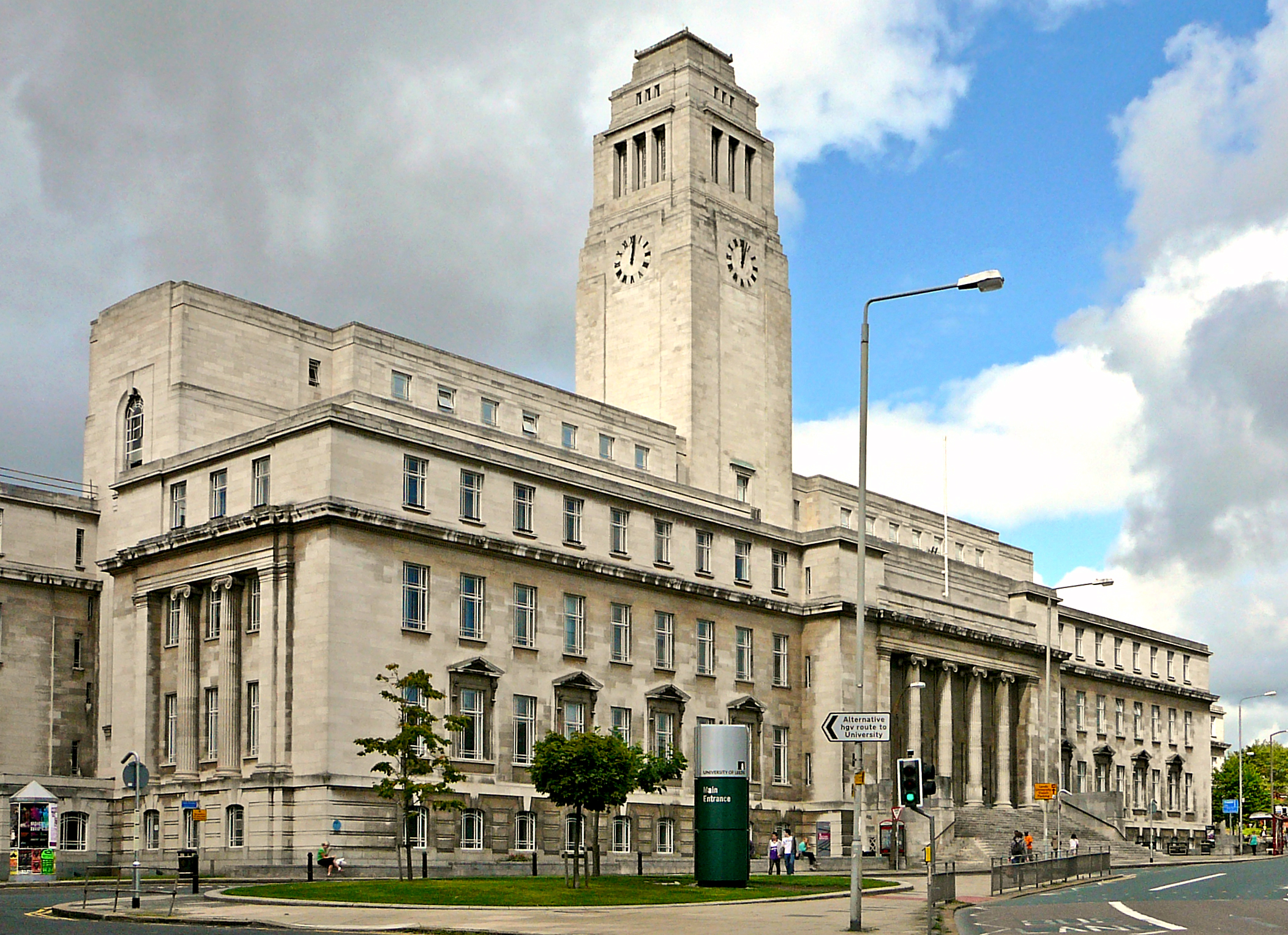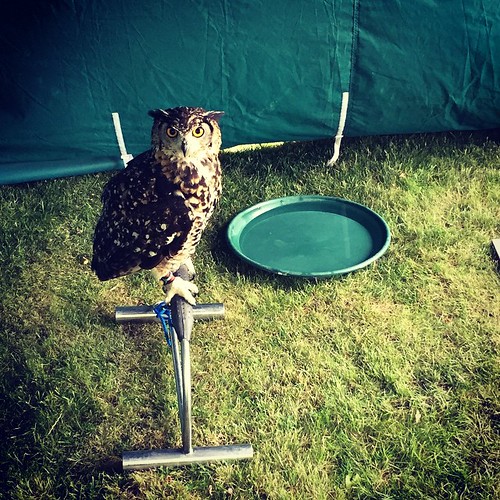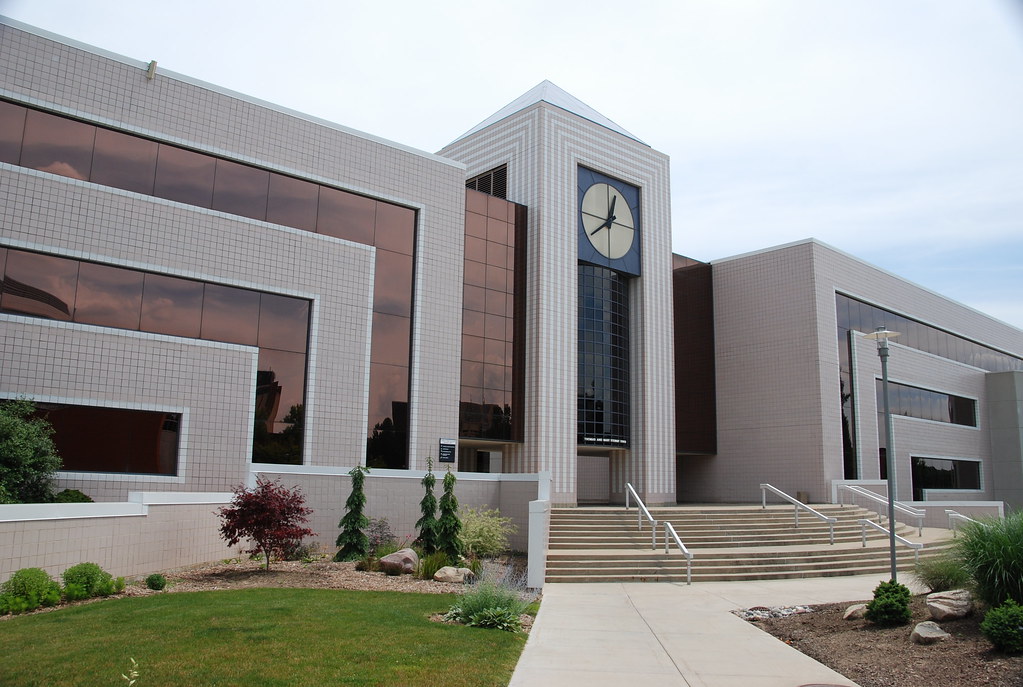Writing a research proposal is one of the most difficult parts of a PhD application. It can be even more challenging without access to an academic library. This post aims offer some suggestions on how to go about writing a research proposal if you do not currently have access to a university library.
Alumni Library Access
No matter how long ago it was that you graduated, it is worth investigating the option to rejoin your university library as an alumni member. At the University of Lincoln, access to the library is free for alumni and includes the right to borrow books. You can find information about how to register here: https://ask.library.lincoln.ac.uk/associatereaders
If you have move away from the town or city where you did your previous degree(s), but live in or near an area with a university, it is worth locating their library website and looking for information about access. Each library sets is own policies, so it can be helpful to do some research before seeking to join. For instance, some libraries ask members of the community who do not have a study, work, or alumni affiliation with the university to pay for membership, especially if they require borrowing rights. Coming in as a visitor is usually free, but you may need to show identification, or be limited to visit at certain times (i.e., some libraries will restrict visitors during exam periods or late at night). If you have any questions, best thing to do is contact the library directly and ask.
Legal Deposit Libraries
Access to online resources—especially journal articles, which are often published behind a paywall, is likely to be one of your biggest challenges. Legal deposit libraries provide access to all UK publications, which is obviously enormously helpful for research. If travelling for research is an option for you, may want to look up which one is closest to you. You can’t borrow from a legal deposit library, so visiting one does require some advance planning. For this reason, if you are able to build library visits into your research process, you may want to plan to do this after you have done some of your research online, and have figured out what books or articles you cannot find elsewhere.
You do need to sign up in advance for access, but it is free to do so–here is the link to get a reader’s pass at the British Library. Your pass grants you access to their electronic resources on visiting their reading rooms. There is no free printing, and permission to download will depend on copyright and licensing restrictions. Make sure to bring a memory stick for anything you are able download, plus a laptop or notebook for notetaking. (If you have a smartphone, you might also want to install a scanning app, which you can use to create PDFs.) If you are planning to access print materials, do investigate the library catalogue at least a week before you visit–especially at the British Library, you will need to order the print books you want to see in advance.
Another library that might be useful is the Institute of Historical Research Library in London. Membership is free. Even if you are not able to visit in person, their website has a large number of links to free online resources. The IHR also provides a range of resources for research training, which can be very helpful.
Caring or family responsibilities, work schedules, and financial limitations might mean that visiting libraries in person is not possible for you. It is possible to conduct all of the research for your PhD proposal online–read on for further suggestions.
Free Online Resources
Academic libraries spend a substantial amount of money on subscriptions to journals and databases, which we make available to researchers and students at our university. Because of subscription contracts and copyright law, many of these online resources are not accessible to alumni or associate readers. However, there are a number of places you can go to look for reliable academic resources that are available open access, published and distributed under copyright and licensing conditions that make them free to read and access.
A good place to start is the University of Lincoln library’s list of free online resources, which includes links to things like the Directory of Open Access Books, the Directory of Open Access Journals, and more. During first stages of the pandemic, when access to physical library collections was severely limited, medievalists across the world put together lists of online resources. Our medieval studies library guide contains a very large list of useful and interesting resources. This list is great for browsing, but the Medieval Academy of America has an online list that’s much for searchable, and well worth a look.
Book reviews can be helpful, at the proposal stage of research, for helping you understand the overall landscape of a field, and what big questions have been asked and answered. The final paragraph of a review will often open up the big questions of what work still needs to be done in a field, so it’s particularly worth reading this attentively. It’s a good idea to explore an open access online book reviews journal like the Medieval Review (or the Bryn Mawr Classical Review, if you’re interested in the early Middle Ages or late antiquity). These journals provide free access to reviews of newly published books that have been published, and have very archives of reviews of books going back over thirty years. Digital Medievalist is another useful free online journal, which includes reviews and reports on online projects.
Social media can be useful for information about new projects or publications, but it can be easy to miss things, and searching for past posts can be tricky. A great place to go for articles about the Middle Ages in the news, information about new projects or discoveries, and general fun and inspiration is medievalists.net
Lastly, you might want to explore academic podcasts in your area of interest. For example, New Books in Medieval History offers in-depth interviews with academics talking about their recently published books. Many universities or academic research institutes release recordings of lectures or seminar papers as podcasts. This can be a great way to access work-in-progress or simply take a break from reading on a screen.
Other Ways to Access Articles
Many, but not all, academic authors have an academia.edu or researchgate account. Both services have a good free account option, and can be useful for finding copies of papers that you might want to read. Humanities Common is another academic networking site, which some academics prefer, since it’s specifically not-for-profit and more transparent about how it uses subscribers’ data.
Finally, you can always reach out to an academic author by email, and politely ask if they can send you a copy of their work. The landscape around copyright, sharing work, and open access is changing rapidly. With traditionally published academic work, the copyright is owned by the publisher, not the scholar who wrote it, meaning that the publisher is in charge of where and how the work is distributed. Be aware that not everyone is able or willing to share their work. However, that caveat aside, most people are flattered to hear that someone wants to read their writing, and want to help if they can, so don’t be afraid to ask!
Managing References
At an early stage of collecting resources for your proposal, it is a good idea to spend some time planning how you are going to sort and manage the references you find. Without access to an academic library, you are likely to be working across Google Scholar, open access resources, academia.edu, and more. Finding a way to keep track of what you find, what you want to cite, what you want to skim (or have a book-review level knowledge of, but not necessarily read in full at this stage), what you need to really dig into and read in full if at all possible, and what looks-like-it-would-be-useful-but-turns-out-not-to-be, is absolutely vital. Reference management software is your friend here, and there are a lot of free platforms. Zotero and Mendeley seem to be the most popular right now.
How do I know when to stop reading?
In general, most people feel confident and comfortable sitting down to articulate what research needs to be done and why they’re the ones to do it when they start to recognise the names of books and scholars and see the same things repeated in footnotes and bibliographies. When you feel you have a sense of what the major ideas and questions in your field are, that’s a good point to start thinking about what you want to change or add.
Good luck with your research proposal!



